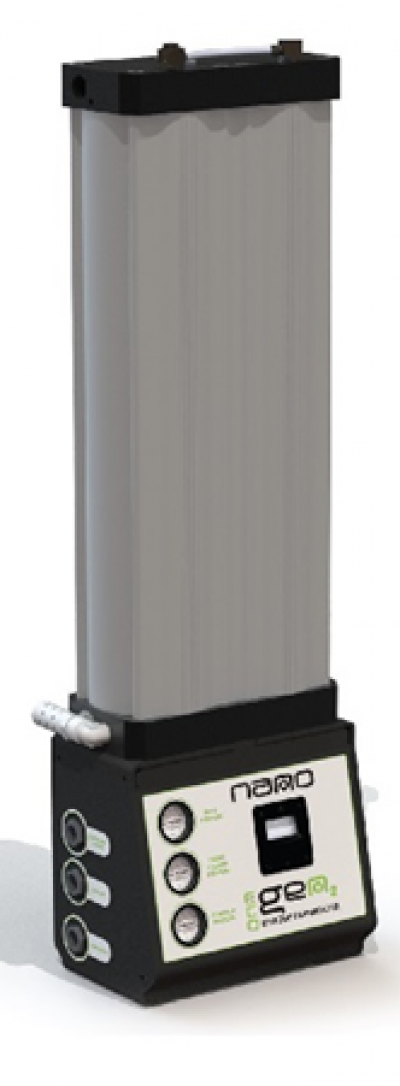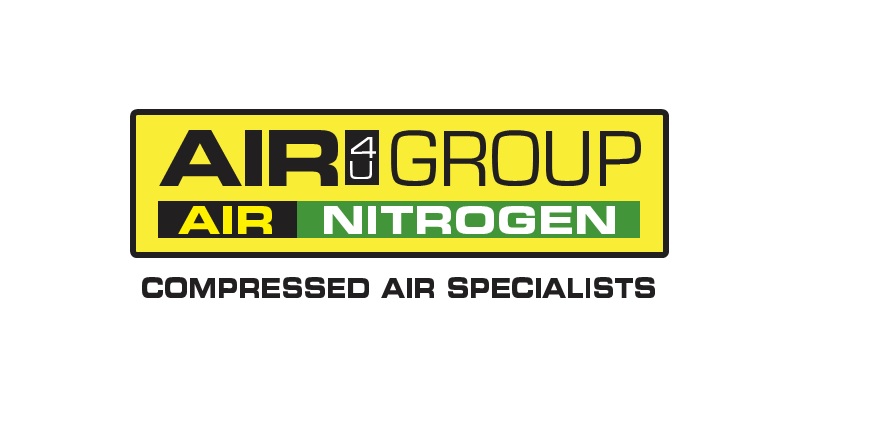Nitrogen Tyre Inflation

When you next pop an airline on your tyres to adjust pressures, consider for a moment what you are doing. Standard garage/service station airlines fill road car tyres with compressed air which contains water vapour, and can lead, over time, to corrosion within the tyre. Furthermore, due to the size of oxygen molecules, air leaches out of the tyre wall leading to a drop-in tyre pressure, up to 2psi in a single month. However, there is a solution to this problem – fill your tyres with nitrogen!
Nitrogen, a colourless, odourless, tasteless and non-toxic gas that forms about 78% of the earth’s atmosphere delivers important benefits when used in tyres:
– slows the rate of pressure loss
– keeps tyre pressures more constant
– increases tyre life
– reduces the tyre’s running temperature
Nitrogen, due to its chemical structure – its molecules are larger than oxygen – means that it is much slower to leak out of a tyre, therefore, pressure is held more constant. However, this does not mean that tyres should not be checked regularly and frequently says TyreSafe – the UK’s leading tyre safety organisation. Nitrogen also provides a more stable pressure range in relation to tyre temperature and a tyre’s operating temperature plays a part in how rapidly it wears. It is for this reason that nitrogen is used in motorsport, notably Formula 1, as tyre temperatures often get close to 100 degrees C and require consistent pressure.
All in all, the use of nitrogen can mean up to a 25% increase in tyre life and a 5% reduction in fuel consumption together with a reduction in CO2 emissions, a vitally important consideration in today’s environmental debate.
An increasing number of garages are now offering motorists the choice of a nitrogen fill for tyres. Garages will evacuate all the air from within the tyre, a prerequisite prior to filling with nitrogen which can cost as little as £2.00 per tyre. It must be remembered that any topping up of the pressure must be done with nitrogen.
TyreSafe does however make the point that the use of nitrogen should not prevent drivers from carrying out regular tyre checks not just for pressures but also tread depth and general tyre condition.
This is an excerpt from PCL’s nitrogen brochure about the cost benefits of using Nitrogen: –
Nitrogen benefit the road user or fleet manager?
…Better fuel economy
By reducing the speed of permeation or migration of gas through a tyre it will stay inflated correctly for longer. This prevents extra rolling resistance on the engine and subsequent increase in fuel use.
“All the tests conducted clearly indicate that Nitrogen inflation in passenger car tyres can improve passenger safety and tyre life while improving the fuel economy of the vehicle”
…Extended tyre life
Tyres that stay inflated to the correct pressure for longer will last a lot longer. If the correct amount of rubber is in contact with road surface the tyre tread will wear at a much slower rate. On commercial tyres that are re-treaded you can increase the tyre casing life by reducing Oxygen content which will increase the number of re-treads possible and thus reducing the fleet managers tyre replacement costs.
…Increased safety
By taking all the Oxygen from inside your tyre you will reduce chances of a dangerous blowouts from reduced energy build-up and subsequent tyre expansion over long journeys. Removing Oxygen from the tyre will also reduce the potential for tyre fi res or tyre explosions to a very low level.
Many of the world’s biggest mining companies now stipulate the use of Nitrogen in tyres for all vehicles entering the mines due to health and safety reasons.





